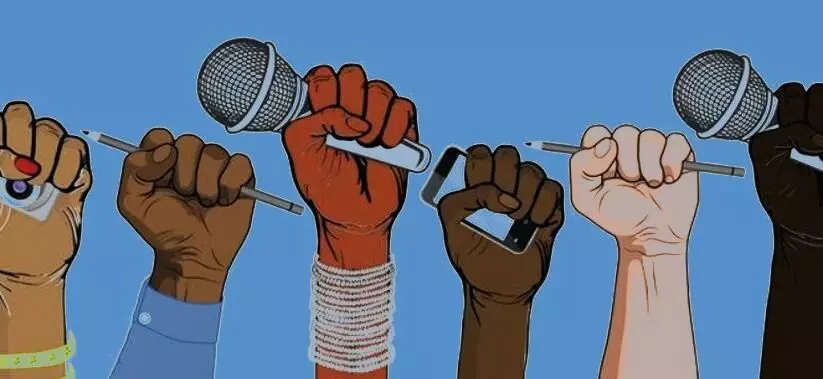
An era in which fear reigned
text_fieldsThe declaration of the worst kind of annihilation of democracy and human rights in independent India is entering its 50th year. It was on the midnight of 25 June 1975 that the then President of India Fakhruddin Ali Ahmed, on the recommendation of Prime Minister Indira Gandhi declared Emergency upending the Constitution and the country's law. From that day until March 21 1977, for 21 long months, the country went through a reign of terror where a combination of fascism and dictatorship reigned.
It was a verdict by Allahabad High Court of 12 June 1975, nullifying the electoral victory of Indira Gandhi, that triggered the sequence of events which led to the declaration of Emergency. The countrywide protests and agitations against the regime of Indira Gandhi left her with no option than to leave office. But the path she chose was to declare an internal Emergency. That was immediately followed by press censorship where dissent was stifled and media muzzleed. Opposition leaders were put in jail. The constitutional provisions in articles 14, 21 and 22 were suspended.
Under the leadership of Indira Gandhi's son, Sanjay Gandhi, drives like slum eradication and family planning were carried out under a 20-point programme, and using an extra-constitutional seat of power. In Delhi's Turkman Gate, minority community members resident there resisted the demolition of slums and were ruthlessly gunned down. People were coerced into taking birth-control procedures. A total of seven lakh people were displaced from their homes. But despite clamping down on any one raising critical voices, Indira Gandhi could not continue her autocracy. The democratic spirit breathed into the Indian psyche by Gandhiji and Dr Ambedkar was such that the people of the country could not let autocracy have its way. Thus Emergency also became the story of the people of India recapturing the moorings of democracy against such forces of suppression. Today's India too is following the same model by fighting against the fascism of current times which set out to trample on the Constitution, and by blocking its path through the ballot.






















